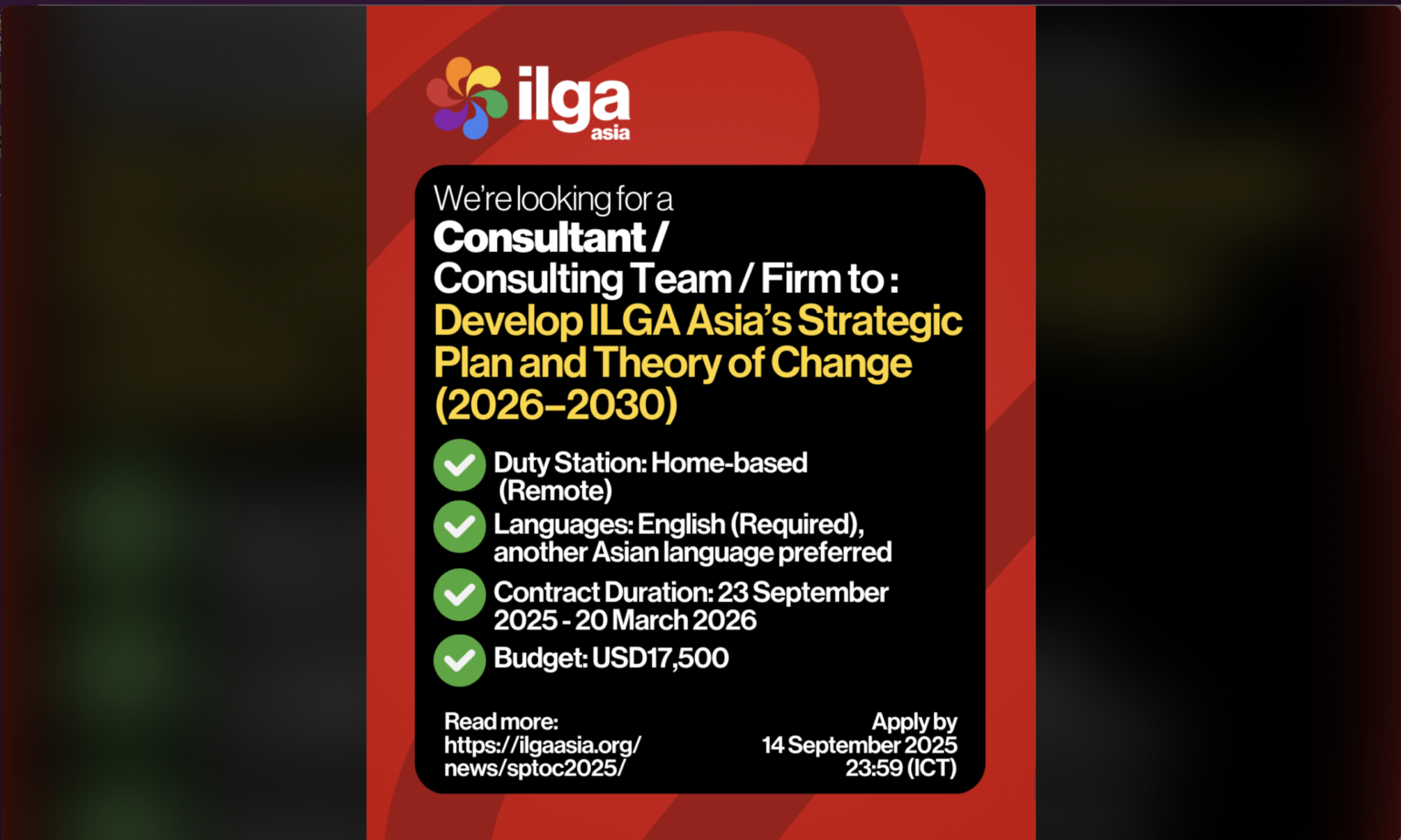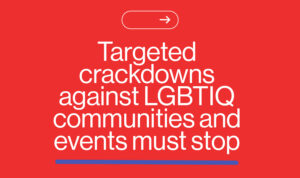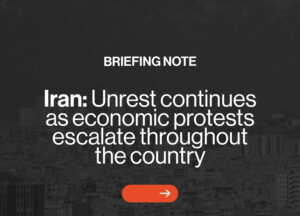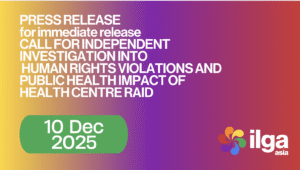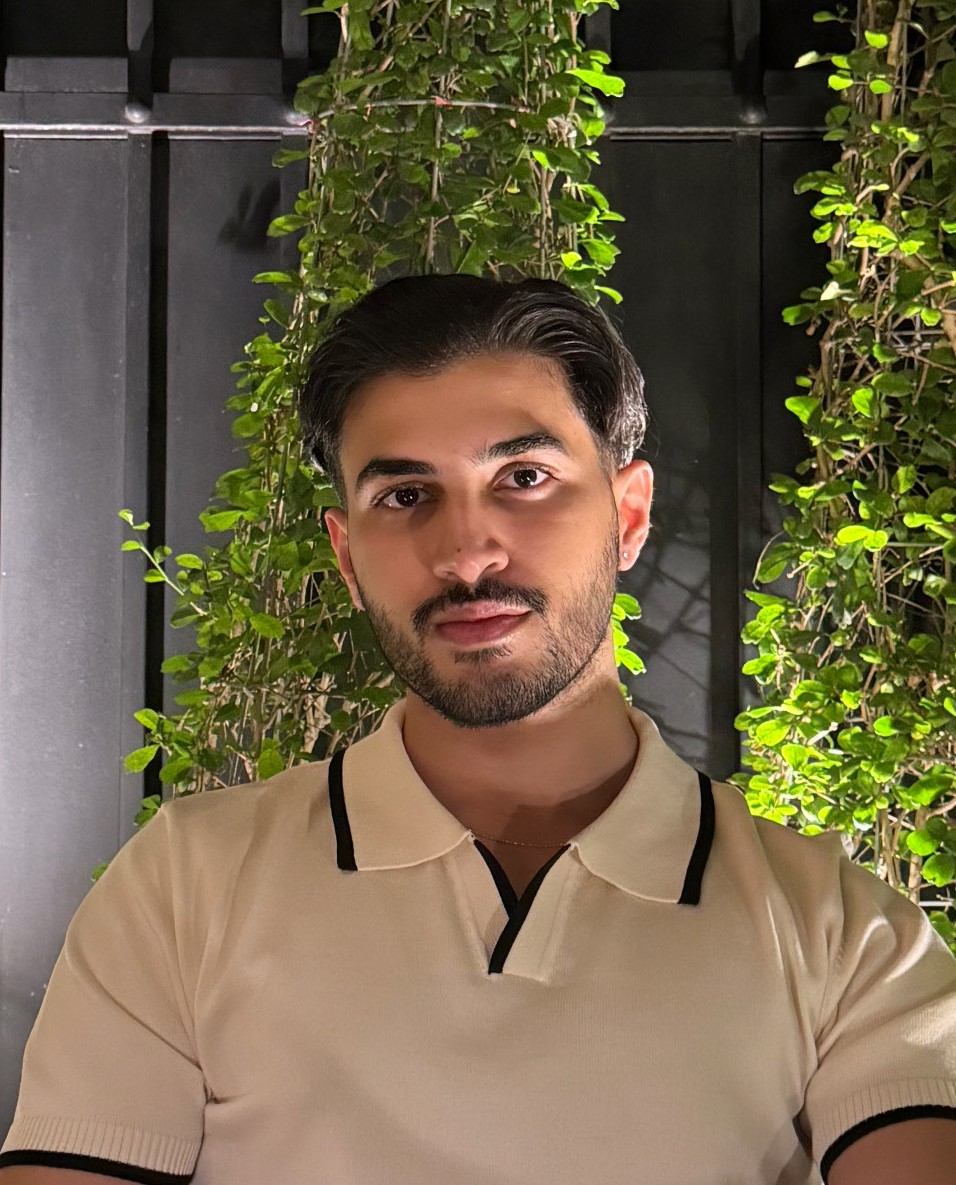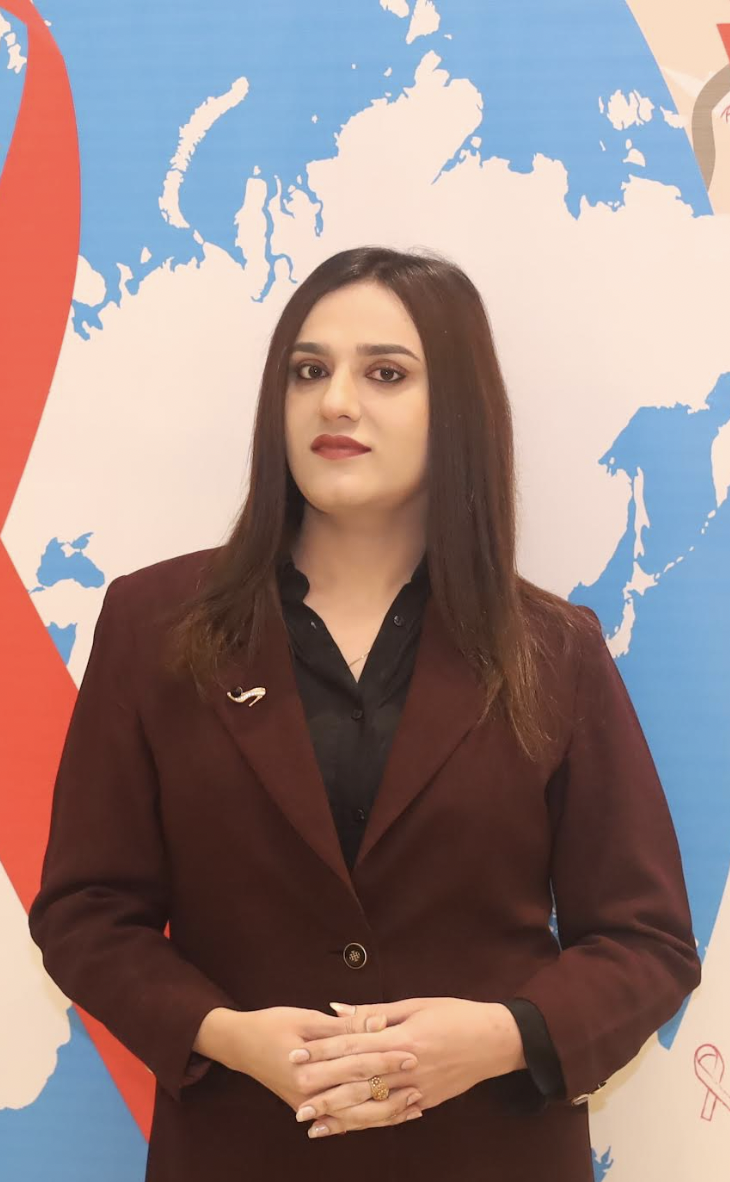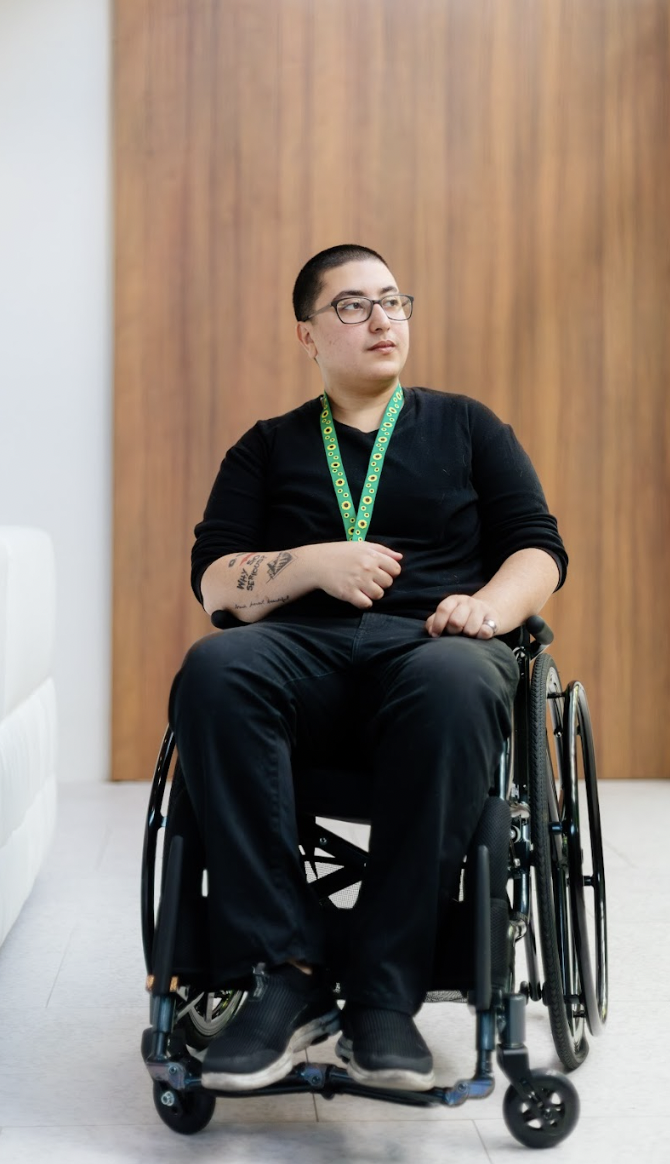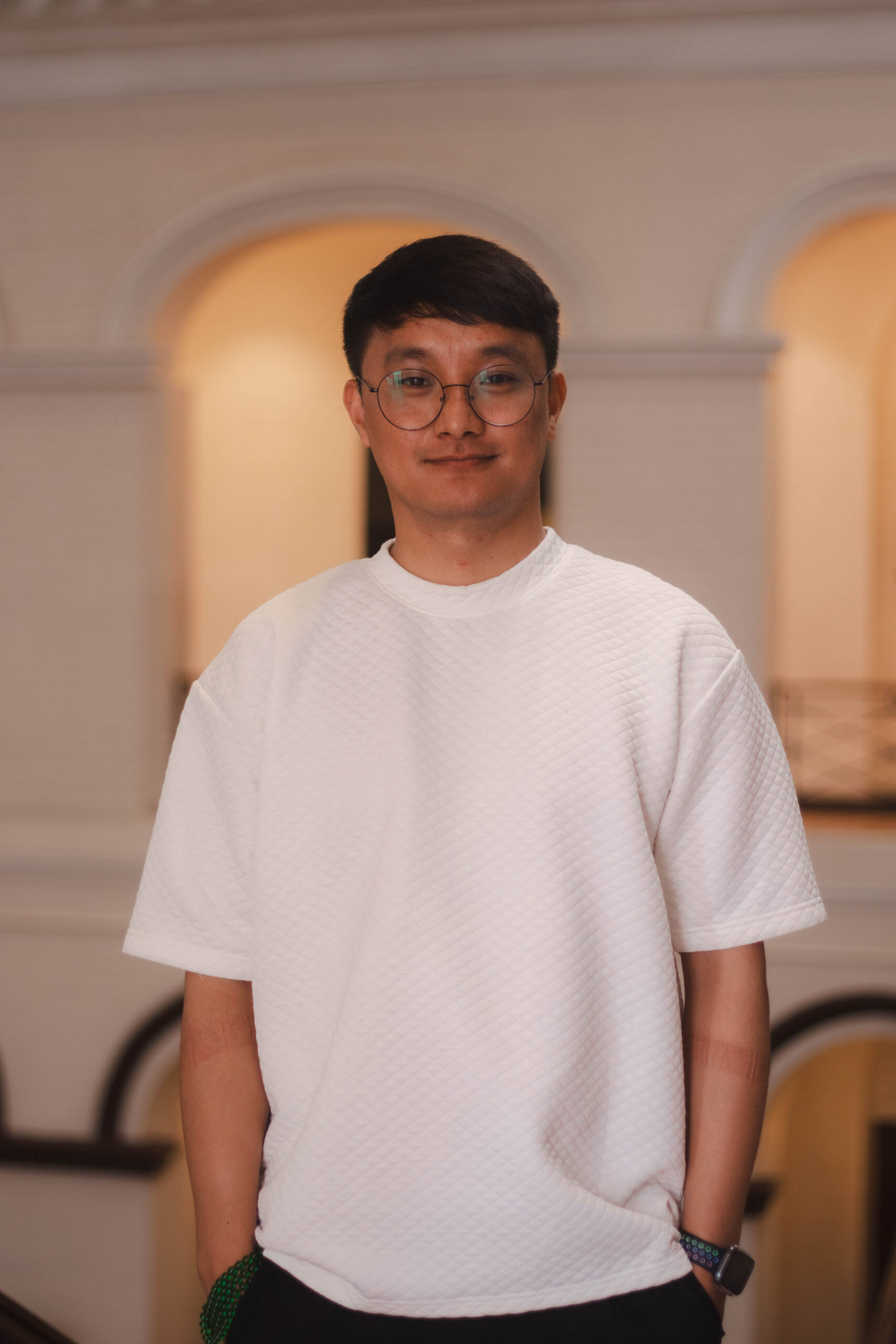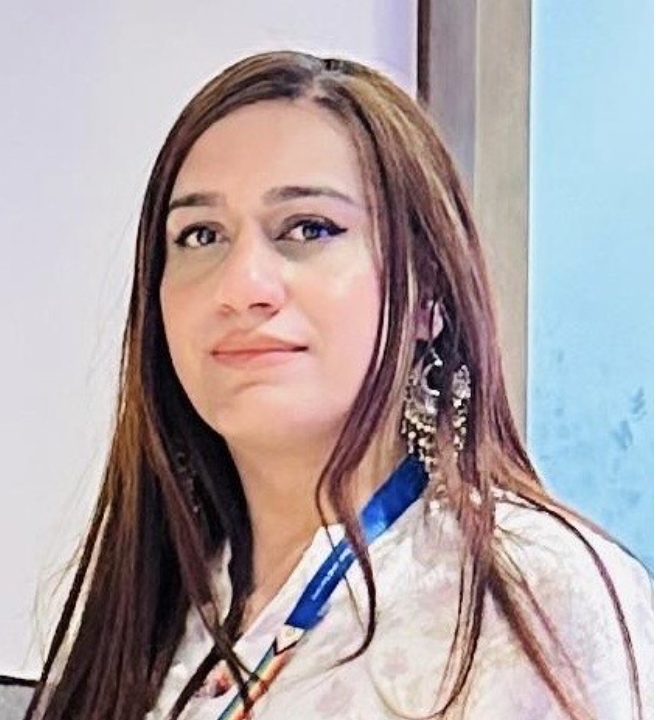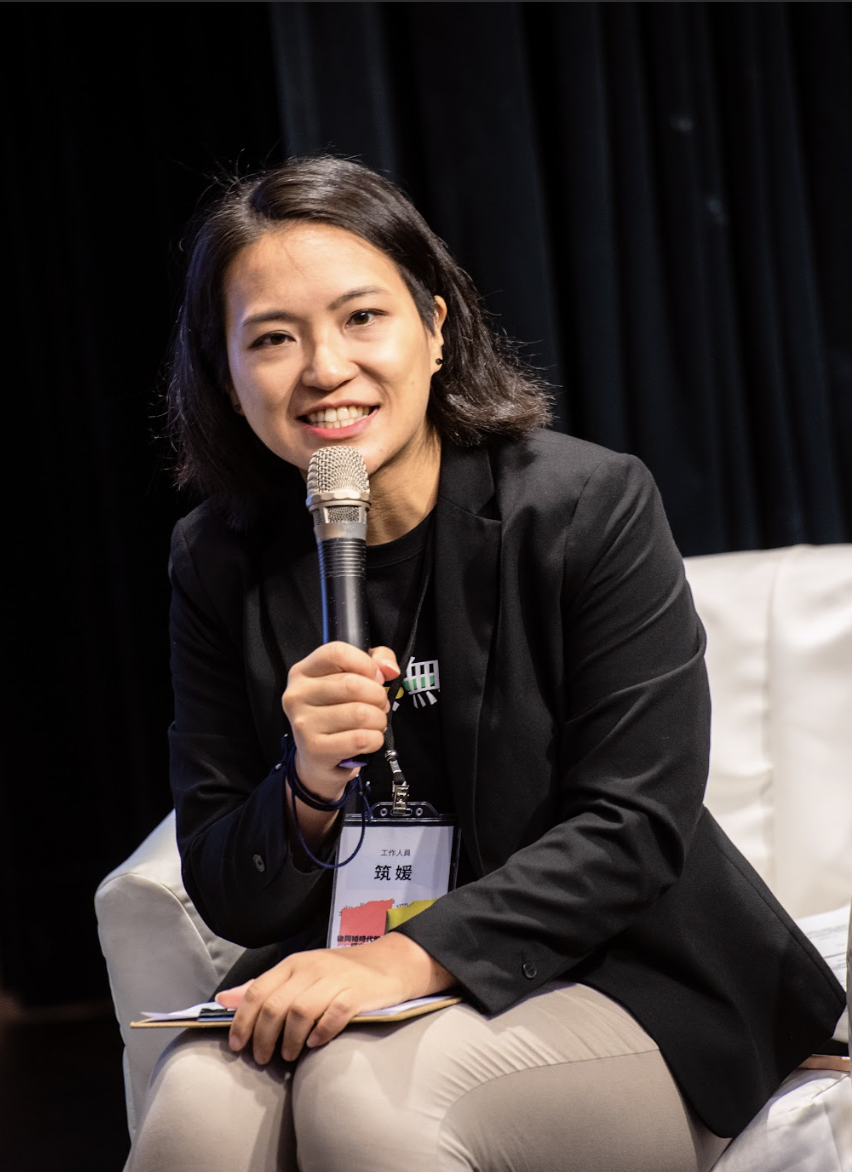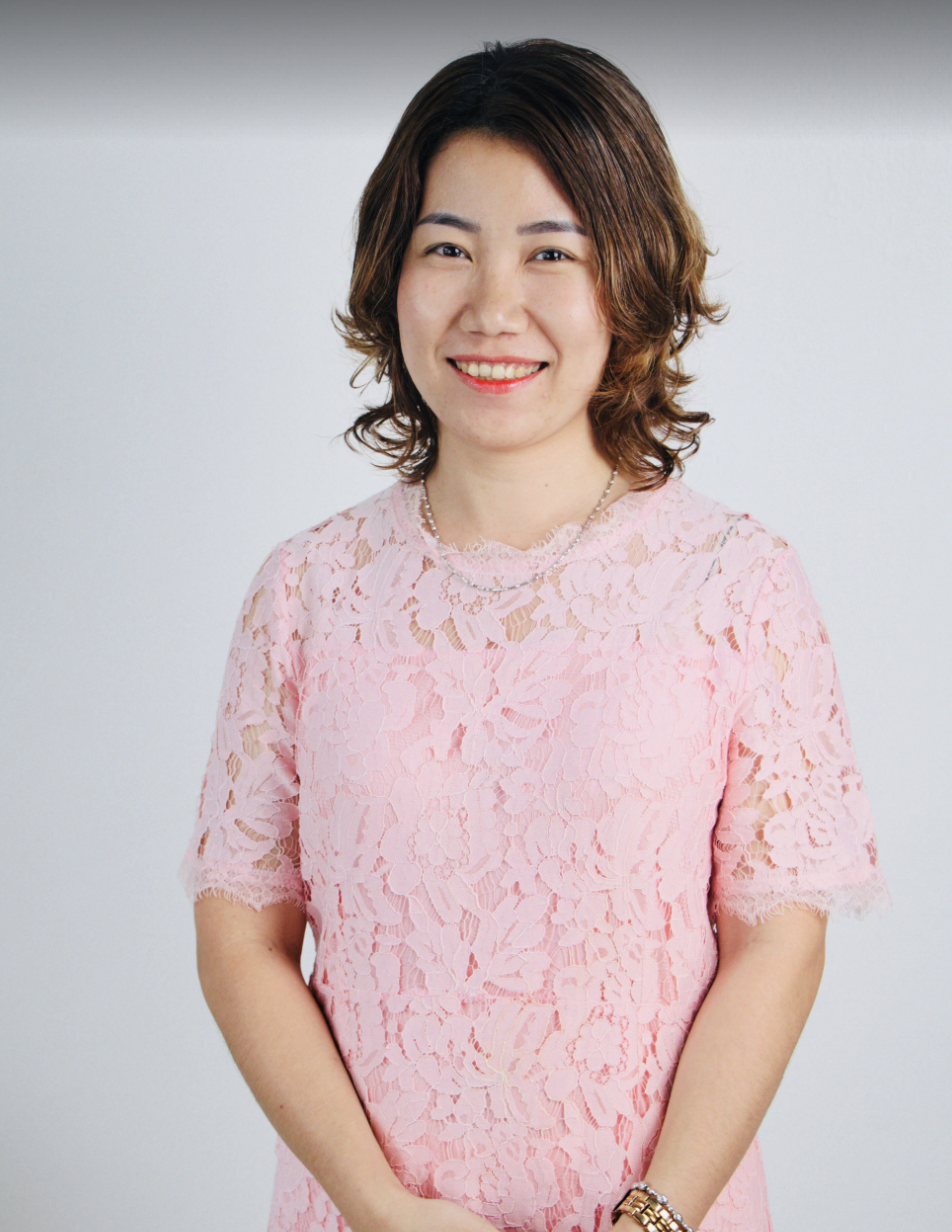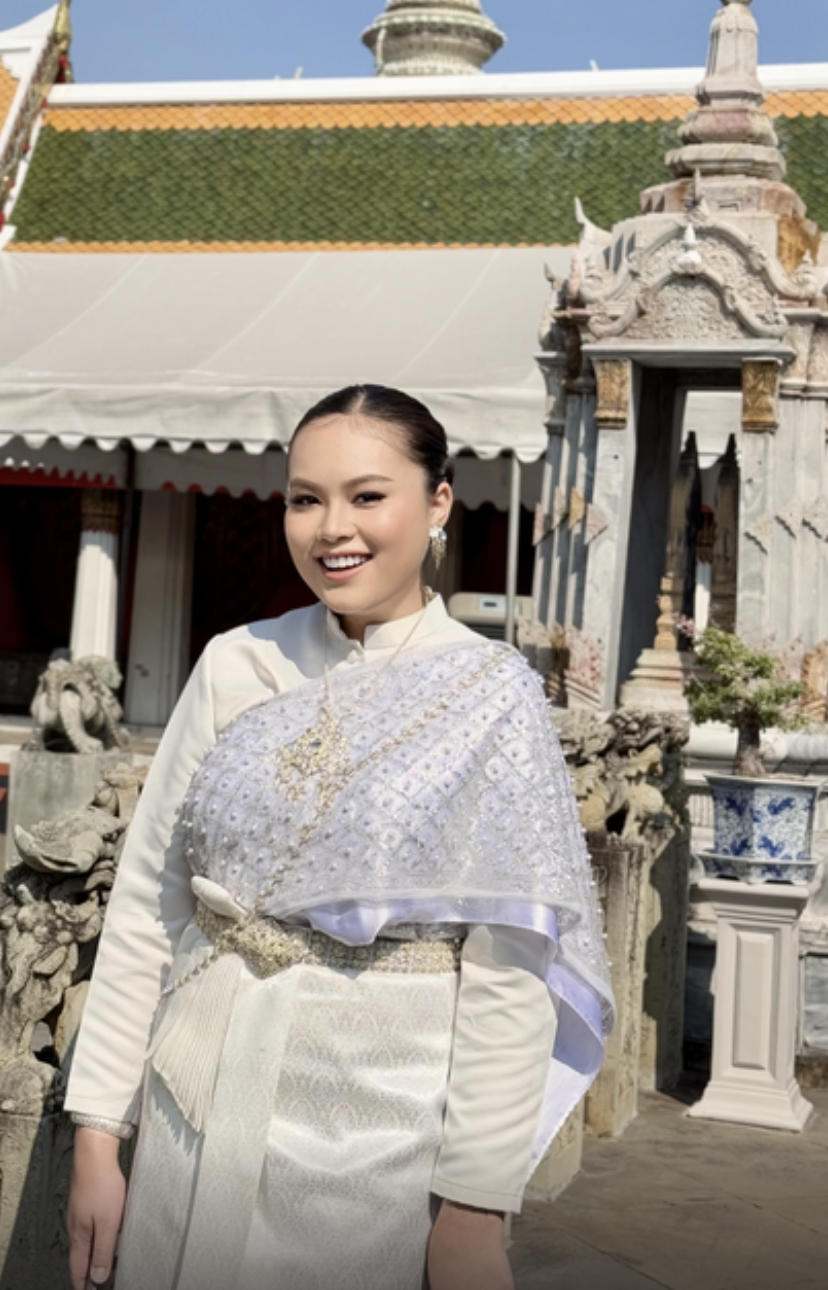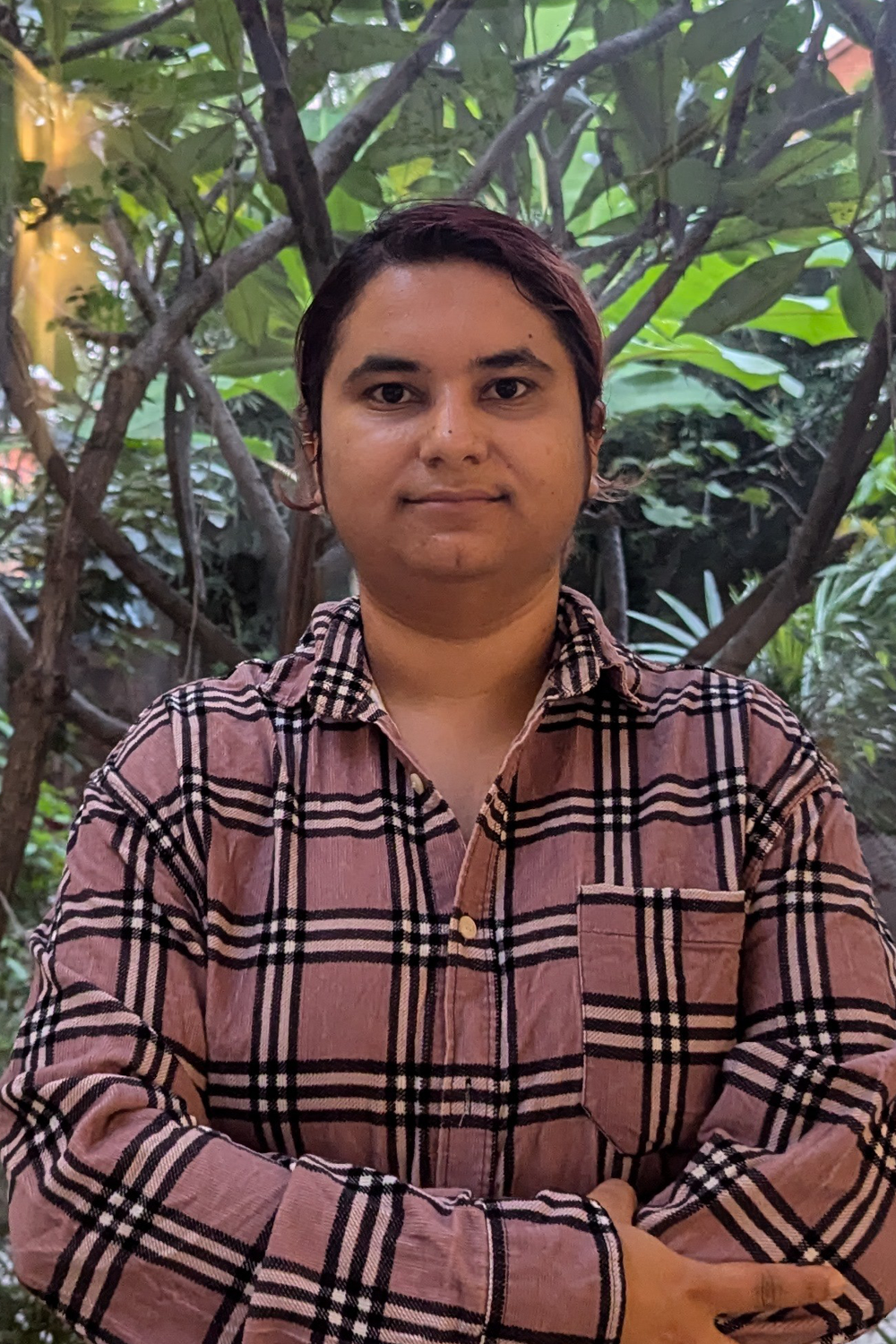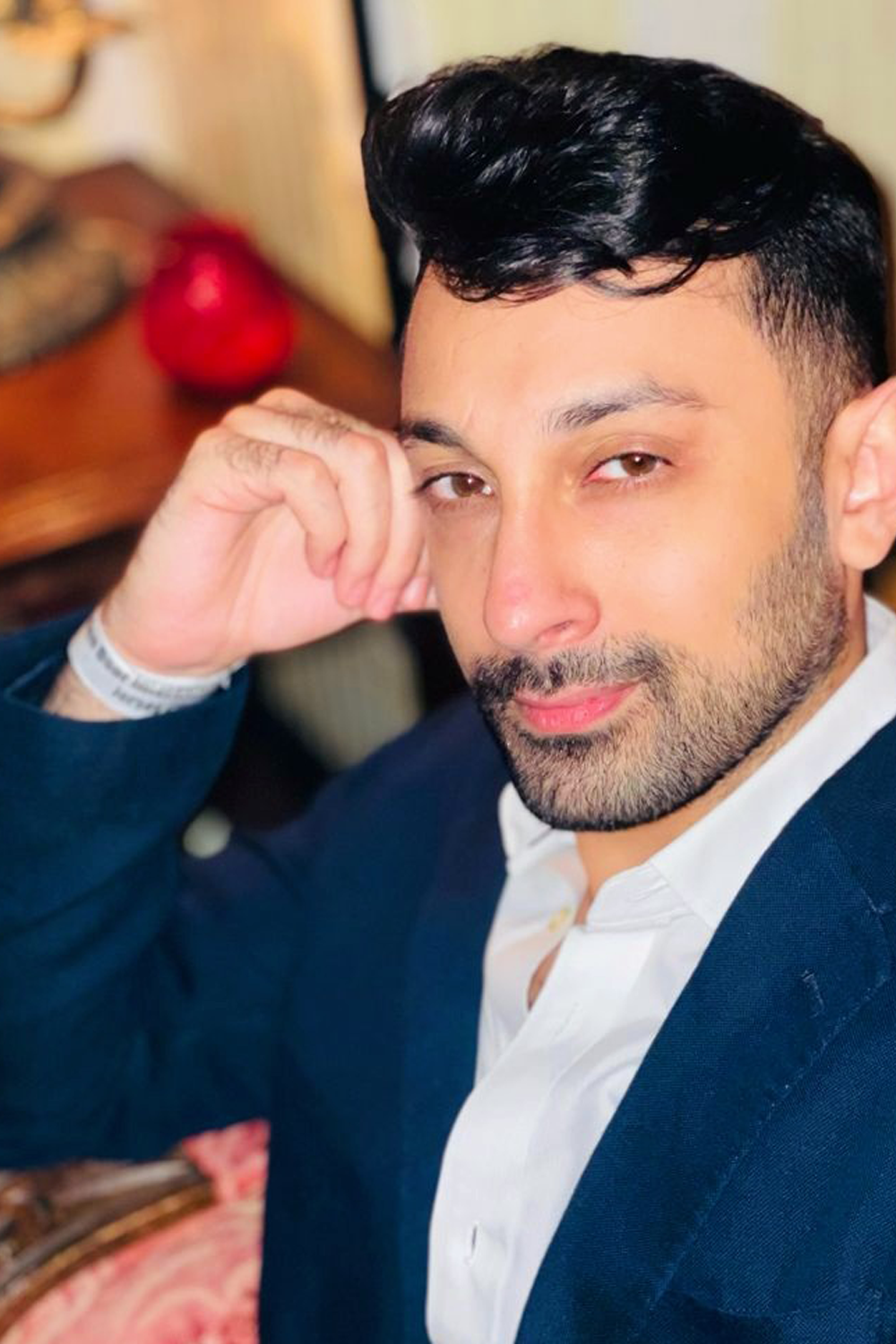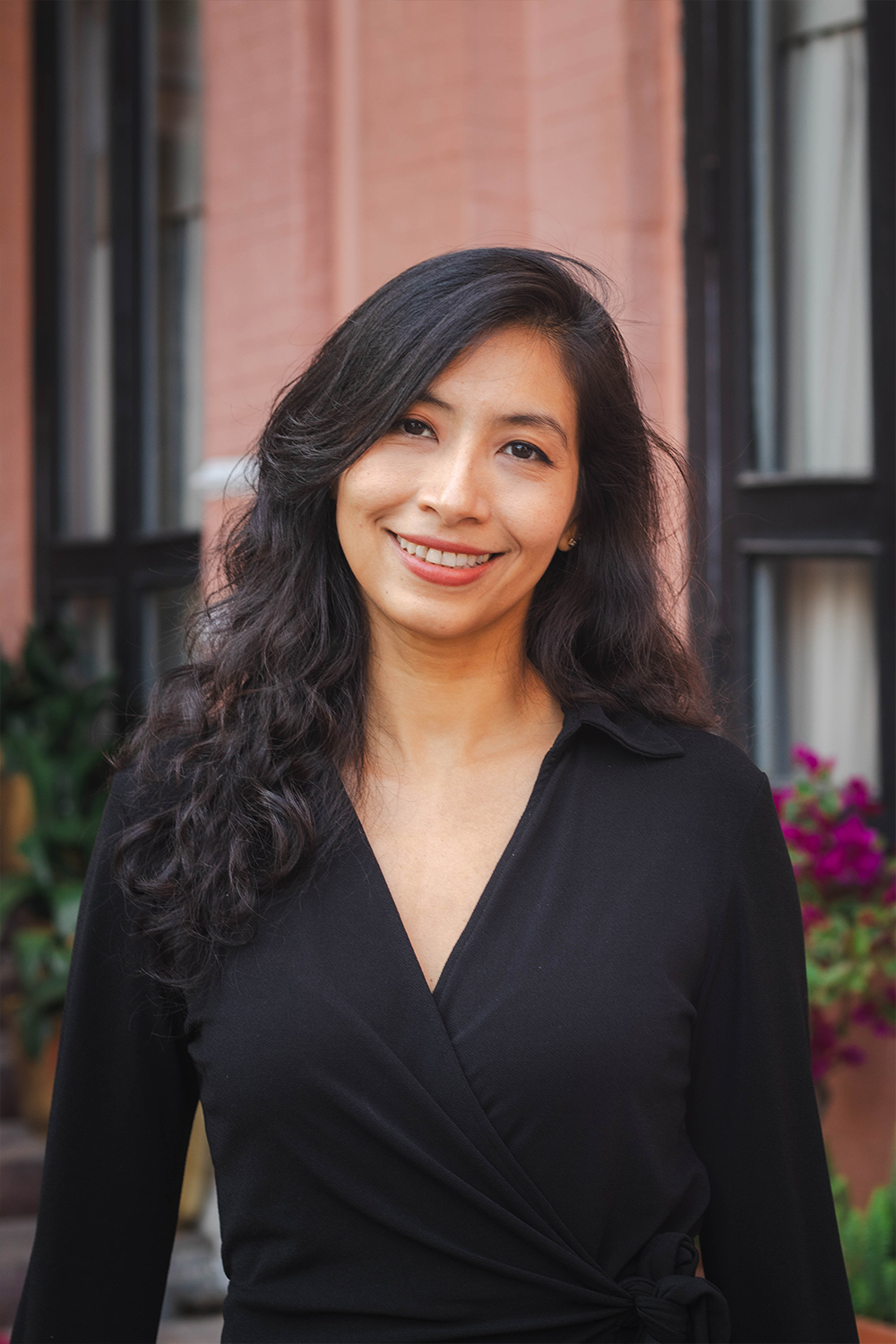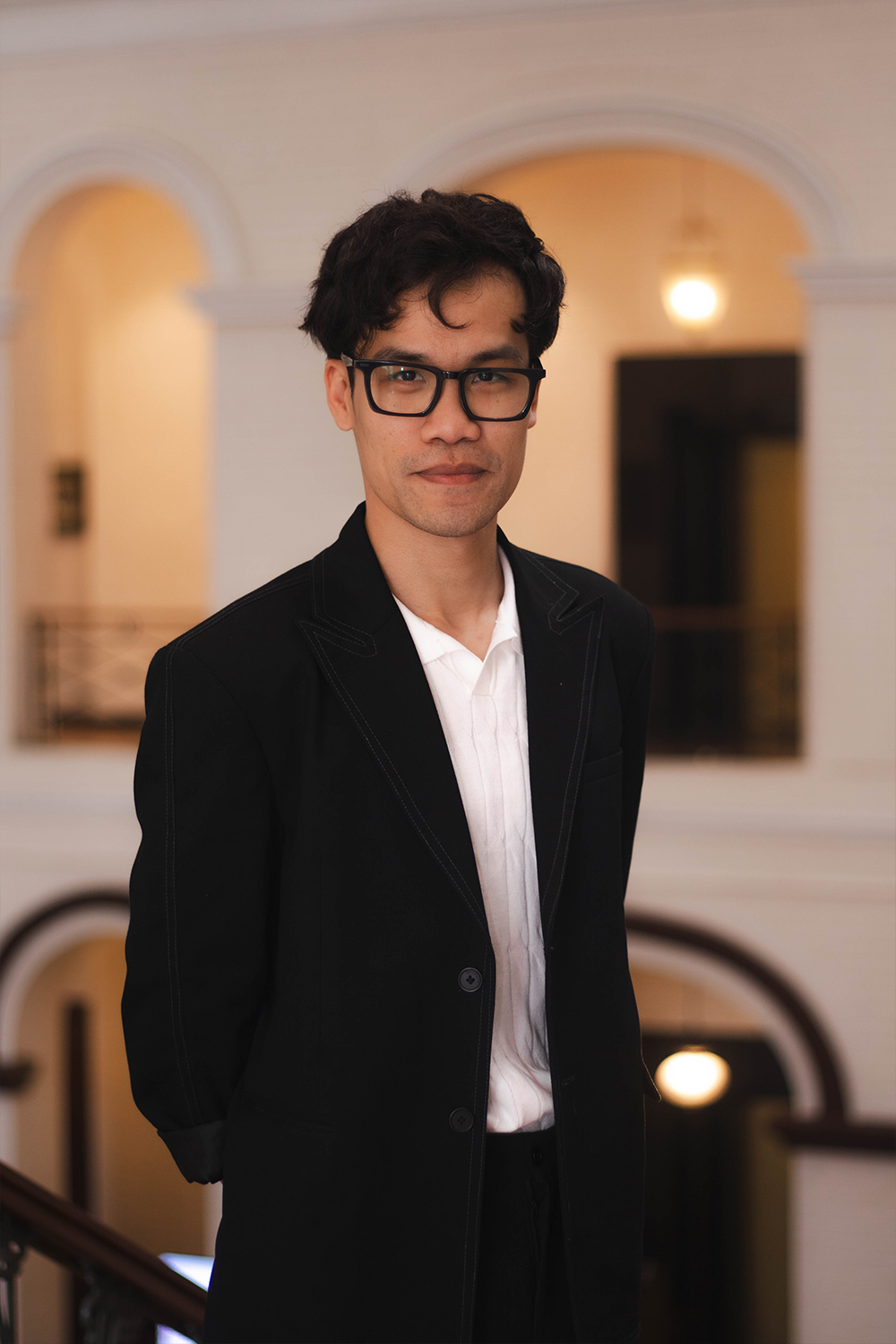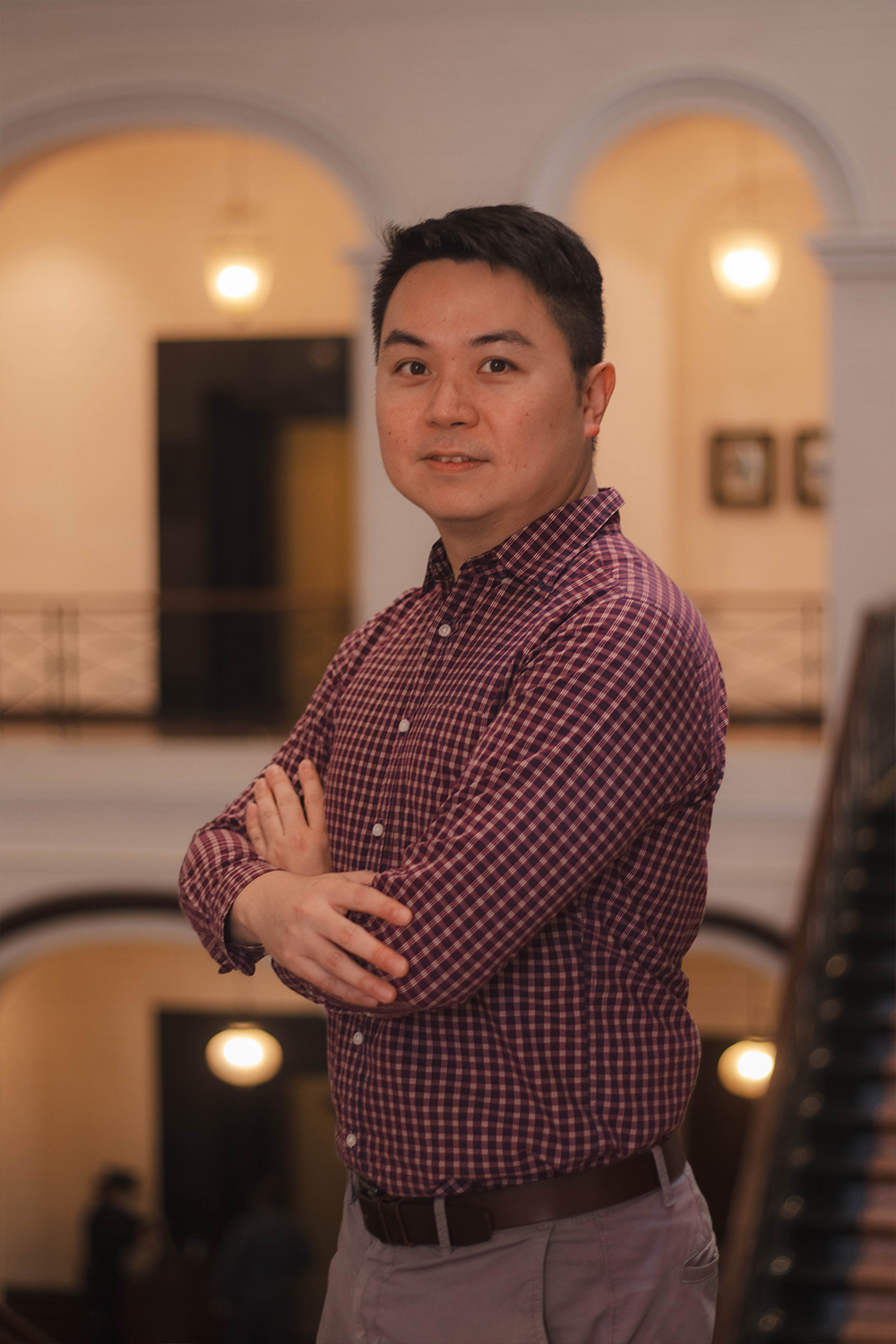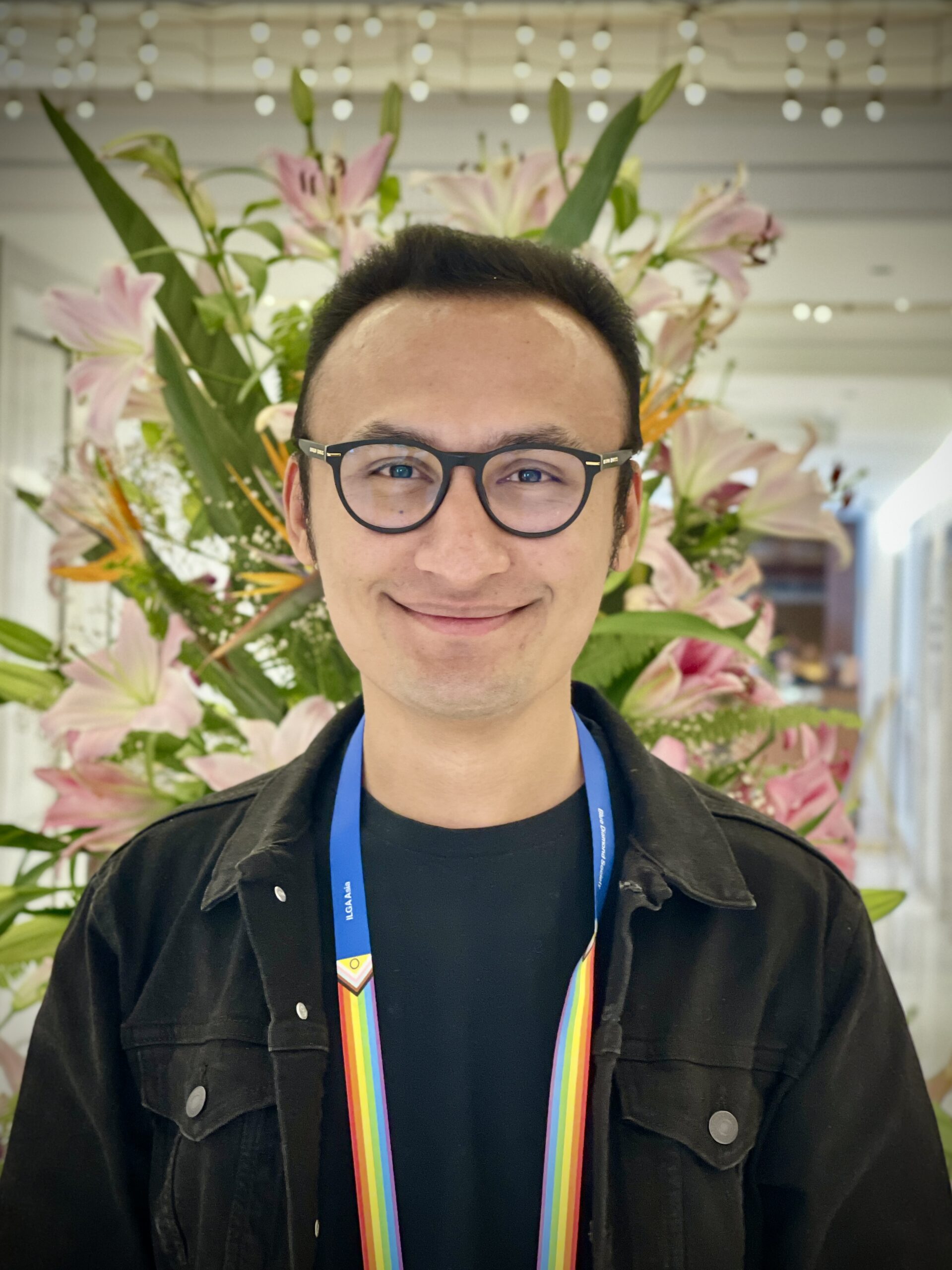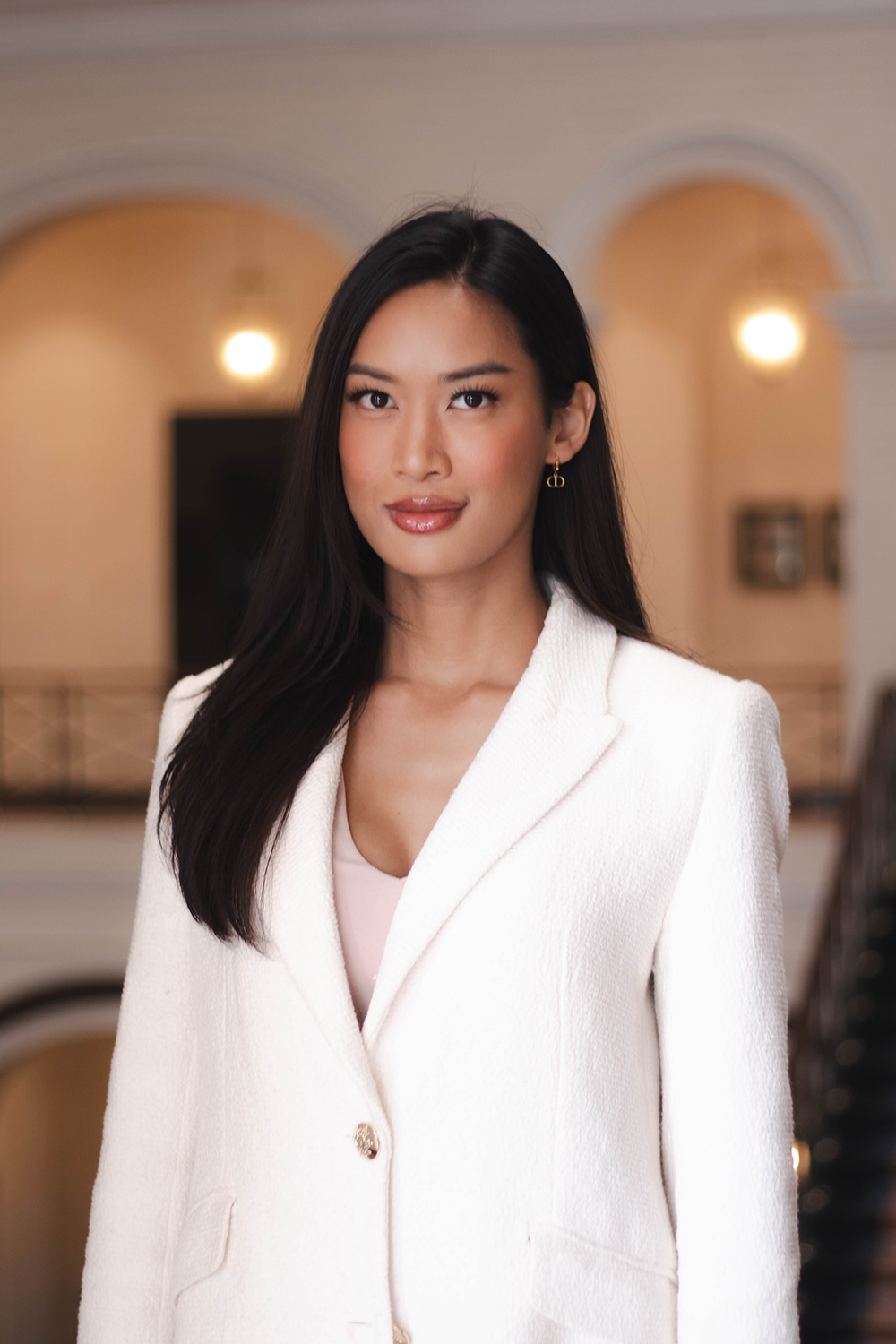Title: Consultant / Consulting Team / Firm to Develop ILGA Asia’s Strategic Plan and Theory of Change (2026–2030)
Department: Monitoring, Evaluation, and Learning (MEL)
Duty Station: Home-based (Remote). Applicants must have reliable internet access and be open to flexible scheduling across time zones.
Budget: USD 17,500
Languages Required: English (required); proficiency in at least one other Asian language is strongly preferred.
Application Deadline: 14 September 2025
Contract Duration: 23 September 2025 to 20 March 2026
1. Introduction
ILGA Asia is the Asian Region of the International Lesbian, Gay, Bisexual, Trans, and Intersex Association, representing East Asia, South Asia, Southeast Asia, and West Asia. Our vision is a world where Asia is a safe place for all LGBTIQ people—where they can live freely, with dignity and justice, and where diversity is respected.
Our mission is to promote universal respect for and observance of human rights, eliminate discrimination based on SOGIESC, and strengthen LGBTIQ movements through advocacy, solidarity, knowledge-building, and resource support. The Strategic Plan and Theory of Change are foundational tools that help us organize our purpose, prioritize our actions, and amplify our collective impact across Asia.
2. Background and Purpose of This Consultancy
ILGA Asia’s current Strategic Plan and Theory of Change (SPTOC) covers the 2021–2025 period and is set to expire at the end of this year. This SPTOC was structured around four strategic arenas: Solidarity and Effectiveness; Capacity Strengthening; Mobilising Movements and Activating Allyship; and Strategic Information & Knowledge Use.
Our work is implemented through four core departments: Global/UN advocacy, Campaigning (digital and in-person), Research and Policy, and Strategic Communication.
This consultancy will lead the development of ILGA Asia’s new 5-year Strategic Plan and Theory of Change (2026–2030). Given the evolving political landscape in Asia and the increasing threats facing LGBTIQ individuals and communities, this process must be adaptive, deeply reflective, meet donor requirements, and rooted in feminist values. We are not seeking a traditional strategic plan that sits untouched on a shelf. Too often, strategic plans become inaccessible in terms of relevance. They are disconnected from actual programming, difficult for those unfamiliar with planning jargon to engage with, and often fail to capture the depth and complexity of the lived realities they’re meant to serve.
We are seeking a process that helps us sharpen our political clarity, build collective movement and ownership, and articulate a living framework. We would like to build an SPTOC that reflects where our movements are, where they want to go, and invites others to support or walk alongside us. We are also looking to develop a strategic plan that we can confidently share with our partners and funders. To meet this new vision, we need a strategy that is adaptable across shifting geopolitical conditions, informed by layered and sometimes conflicting realities, and grounded in our shared commitment to empowerment, equality, justice, dignity, and collective care. This plan should be able to speak to urgency and nuance, to both risk and possibility, and be a tool that guides us through uncertainty.
Through this process, we aim to achieve
- Strengthening broad ownership of the new SPTOC by designing inclusive and accessible engagement methods that make room for constructive disagreement, complex perspectives, grounded local knowledge, LGBTIQ-led regional insight, and the nuanced realities faced by grassroots organizations. This includes recognizing power dynamics, centering lived experiences, ensuring accessibility and care in facilitation, and cultivating a space where creative tensions can be explored without fear.
- Developing communication-friendly, donor-ready, and movement-usable outputs, making it a leading resource that remains relevant in changing contexts and meaningful beyond internal planning cycles.
- Position ILGA Asia more firmly as a regional hub for movement building, community power, alliance-making, narrative creation, evidence generation, policy influence, and strategic connectivity.
- Producing a strategic plan that is rigorous and grounded, as well as imaginative, adaptive, and alive, ensuring that it is capable of holding ambiguity, naming contradictions, generating shared language, reflecting radical hope, and catalysing bold actions.
3. Objectives of the SPTOC Development
- To co-design a transformative, participatory, and regionally grounded process that reflects feminist values and intersectional analysis, and brings together ILGA Asia’s staff, board, members, stakeholders, and allies.
- To synthesize lessons from and critically reflect the current SPTOC (2021–2025), Mid-term Review, and End-line Review, identifying what remains relevant, what needs revision, and what must emerge to meet the challenges and aspirations of 2026–2030.
- To shape a living Theory of Change that reflects ILGA Asia’s evolving role in the region—attuned to the realities of increased repression, shrinking civic space, movement fatigue, rising authoritarianism, weak alliances/solidarities, shifting donor priorities, and digital security threats, while also mapping the possibilities for renewed strategy, solidarities, and collective action.
- To engage in dialogue with ILGA Asia’s diverse stakeholders to collaboratively define strategic priorities that are member-driven, future-oriented, and responsive to both shared needs and diverging perspectives.
- To create a strategic framework that is clear, coherent, compelling, and practical that speaks across multiple audiences, connects vision to implementation, guides budgeting and resourcing decisions, strengthens our adaptive capacity, and informs our day-to-day operations.
4. Methodology
We are looking for consultants who approach strategy development both as a technical work, and as political and relational work that are steeped in grassroots realities of the region. Your proposed methodology should reflect feminist and intersectional principles. This includes recognizing power dynamics, centering lived experiences, ensuring accessibility and care in your facilitation, bringing knowledge of regional LGBTIQ rights and advocacy advancements, and making space for disagreement, complexity, contradiction, vulnerability, emotional labour, political tension, and different ways of knowing. Applicants should:
- Use participatory approaches that prioritize knowledge co-creation over extractive consultation.
- Apply principles from feminist monitoring, evaluation, and learning (MEL) practices, including reflexivity, iterative feedback loops, and the political use of evidence.
- Design processes that allow for both depth (slower, more relational spaces) and breadth (wider inputs from across the region).
- Propose creative and culturally relevant tools to gather insight, spark alignment, and translate findings into a usable SPTOC and supplemental documents and matrix.
- Consider accessibility in both methodology and outputs (e.g. multilingual approaches, non-text-based formats)
Your methodology should account for the vast and uneven landscape of the region, recognizing that political contexts, access, material realities, language fluency, organizational infrastructure and resources, and safety concerns vary significantly across countries and communities in Asia. It should reflect sensitivity to these differences during consultation and take into account how knowledge is gathered, validated, stored, and used. ILGA Asia is open to bold ideas, hybrid approaches, iterative processes, and even radically alternative planning models, including story-based, visual, community-led, or speculative, so long as they help us reach deeper clarity, build collective momentum, and stay grounded in the lived realities and priorities of the communities we work with.
5. Deliverables and Timeline
Milestone / Deliverable | Timeline (2025-2026) |
|---|---|
Consultant onboarding and background briefing | 23–27 September 2025 |
Submission of draft inception report | 3 October 2025 |
Finalization of inception report and detailed workplan | 10 October 2025 |
Document review (current SPTOC, MTR, endline inputs, activity reports, results matrix, annual reports, conference notes, etc.) | 23 Sept – 20 October 2025 |
Stakeholder mapping, analysis, and tool development | 23 Sept – 10 October 2025 |
Development of survey, interview guides, and facilitation tools | 3–10 October 2025 |
Rapid Assessment— Meeting and Interviews with Staff & Board (for analysis, need assessment, and to inform tools and framing) | 7–14 October 2025 |
Member and grassroots organization survey – Online | 15 Oct – 15 Nov 2025 |
Interviews – Selected partners, members, activists, board & staff (to be decided jointly with consultant) | 21 Oct – 10 Nov 2025 |
Thematic sense-making discussions | 8 Nov 2025 |
Initial analysis and synthesis of research findings | 18 – 29 November 2025 |
Co-creation Session 1 – Visioning & Strategy Tuning | 2nd week of December 2025 |
Drafting of Theory of Change and strategic direction | 5 – 20 December 2025 |
Co-creation Session 2 – Validation & prioritization | Early January 2026 |
Submission: First draft of full SPTOC documents, including foundational/scoping documents, diagnostic/analysis documents, strategic framework documents, operationalization documents, and supporting/communication documents | 26 January 2026 |
Internal review and feedback period | 27 Jan – 7 Feb 2026 |
Final revisions and submission of all SPTOC documents | 9 March 2026 |
Presentation to board and regional stakeholders | Week of 16 March 2026 |
6. Selection Criteria
We are looking for individuals or teams who bring a dynamic mix of strategic and movement insights, facilitative skills, political awareness, and creative thinking with over 10 years of experience developing strategic plans and theory of change for regional and/or international organizations.
This work demands someone who can hold complexity with calm and someone who is comfortable navigating ambiguity, tension, and contradiction without defaulting to oversimplification. You should be able to zoom out to imagine strategic arcs, anticipate shifts in the regional landscape, identify emerging themes and priorities, and hold long-term visions, while also zooming in to attend to daily coordination, cultural nuance, decision-making processes, and institutional realities and constraints. We value those who can weave together emotional awareness, systems thinking, political acuity, care-centered planning, and clear communication in how they engage with complexities, grassroots and movement realities, build relationships, and support collective clarity. The ideal applicant will:
- You’ve led strategy or Theory of Change processes that shifted how organizations think and work for over 10 years. You’re practiced in building shared direction across roles, personalities, and power dynamics. You know how to hold a room, whether it’s filled with grassroots activists, senior board members, or overstretched program staff. And you understand that clarity and participation don’t have to be at odds.
- Your work is rooted in values that prioritize dignity, care, equity, and redistribution of power. These values show up in how you facilitate conversations, how you handle tension, and how you think about whose voices shape the outcomes. Whether your entry point is feminist political education, trauma-informed practice, movement lawyering, or something else, you bring an intentional and accountable approach to systems and relationships.
- You are someone who understands the specific challenges, strategies, histories, current realities, and innovations of LGBTIQ organizing in Asia. You should be familiar with criminalization and legal restrictions, linguistic and cultural diversity, safety concerns, funding barriers, and community strategies for survival and solidarity. Lived experience and sustained relationships in the region are assets.
- You’ve designed or contributed to strategic plans or Theories of Change that were functional and politically honest. You know how to align strategy with MEL frameworks, budgets, or donor requirements without flattening vision or purpose. You think critically about tools like logframes, and you know when to build them, use them, adapt them, or resist them altogether.
- You know how to gather qualitative insights through interviews, consultations, or surveys and are capable of drawing out key meanings and emerging themes from them. You can build consensus among stakeholders with differing priorities, weave together patterns, outliers, tensions, and aspirations to help people see new possibilities or hard truths. You value listening as much as writing.
- Through words, visuals, metaphors, or diagrams, you can articulate complexity in ways that are clear and resonant in your plans. Your outputs don’t rely on jargon to sound credible, and you care about making things impactful and accurate.
- You don’t treat co-creation like a checkbox. You invite dissent and critical feedback. You know how to slow down when there’s friction and move fast when there’s alignment. You adjust to time zones, tech challenges, changing schedules, and the emotional weight of movement work with a degree of grace. You’re willing to show up adequately enough to help shape something meaningful.
- You have a toolkit and passion for designing spaces that allow people to think together, across hierarchies and discomforts. Maybe you use journey mapping, movement mapping, speculative storytelling, or worldbuilding. Maybe it’s more old-school and that’s fine, as long as your methods make the invisible visible, and invite people into authorship.
- You are attentive to what it takes to make a process accessible—not just in format or language, but in power, time, and emotional labour. You’ve worked with grassroots organizers who don’t have a consistent internet. You’ve planned around Christmas, Ramadan, and Diwali. You’ve adjusted tone and materials to meet people where they are. You’ve made the invisible labour of inclusion part of your planning, not an afterthought.
7. Reporting and Communication
The selected consultant(s) will work in close coordination with ILGA Asia’s Senior Monitoring, Evaluation, and Learning Officer, who will serve as the primary point of contact. The work and relationship with the designated person are expected to be collaborative, reciprocal, and anchored in transparency and mutual respect.
We expect ongoing and intentional communication throughout the consultancy. This includes regular check-ins aligned with key milestones, space to surface challenges or emergent shifts, and flexibility to accommodate time zones, language and other differences, care responsibilities, and accessibility needs. Written updates should be respectful, clear, timely, and oriented toward learning, offering snapshots of insights, roadblocks, decisions, and questions we should be thinking about together.
We’re not looking for polished formality at every stage. But we want a shared understanding of how the process is unfolding, where support is needed, and how we can keep momentum without burning out. Availability for ad hoc discussions, requests, email responsiveness, and openness to collective problem-solving are essential parts of the process, and something we hope to build with you.
You will also be invited to participate in periodic conversations with the ILGA Asia Secretariat team and board members, where alignment and buy-in are needed. These will be coordinated with advance notice and logistical support.
We view communication as a practice that allows this work to be more honest, responsive, mutually beneficial, and generative.
8. Ethical Considerations
This consultancy is rooted in the trust our communities place in us and that trust must be honoured at every step.
The selected consultant(s) will be expected to uphold the highest standards of ethical integrity throughout the process. This includes but is not limited to: informed consent; the safeguarding of sensitive information; respectful and affirming engagement with diverse identities and lived experiences; and adherence to ILGA Asia’s principles of safety, dignity, and care.
All data and material collected during the consultancy must be stored and transmitted using secure, encrypted methods with password protection where applicable, in compliance with ILGA Asia’s internal data protection and confidentiality protocols.
Any data—whether gathered from staff, board, members, stakeholders or partners—must be handled with intention and rigor. It should never be used, extracted, shared, or published without explicit written consent from the individuals and/or ILGA Asia. This includes internal documents, planning materials, sensitive reports, insights, stories, anecdotes, and information that could compromise the safety or our strategic positioning and that of our members and allies.
We especially expect consultants to be mindful of the risks faced by grassroots activists, particularly those operating under surveillance, criminalization, or socio-political repression. Consultant(s) should be mindful that language justice, trauma-informed facilitation, digital security, and cultural humility are not optional.
Our strategic planning process must reflect the values we seek to build into our future: justice, equality, solidarity, accountability, and care. That begins with how we treat people in this process.
9. Application Package & Submission Details
We welcome your interest in supporting ILGA Asia’s next chapter. If this consultancy resonates with your values, experience, and vision, we encourage you to apply by 14 September 2025.
Required Submission Materials:
- Proposal (maximum 7 pages long, in one PDF file): This should outline your approach, methodology, and key deliverables specifying foundational/scoping documents, diagnostic/analysis documents, strategic framework documents, operationalization documents, and supporting/communication documents. You are welcome to include draft frameworks, matrices, results-based planning tools, log-frames, or other planning structures that demonstrate how you think and work. Additionally, your proposal must include:
- An all inclusive financial proposal, outlining key deliverable milestones, budget breakdown with detailed expenses and the corresponding payment tranches. For similar consultancies, ILGA Asia has typically disbursed payments in three tranches: 30% upon signing of the contract, 30% upon submission of the first complete draft, and the remaining 40% upon delivery of the final outputs, including any associated presentations or revisions. All payments are contingent upon the satisfactory completion of deliverables for each phase. That said, we are open to negotiating the tranche structure and percentage breakdown if you have a different payment arrangement in mind.
- Please include a short paragraph outlining your availability across the consultancy timeline, noting any foreseen constraints or periods of limited availability. This should be accompanied by a simple table indicating your general availability by month (or key project phases), so we can assess alignment with the expected timeline and milestones.
- Three references from clients or collaborators who can speak to your strategic facilitation or planning work
- CV(s) of Consultant(s) (in one PDF file): Please include a CV of each person of your team in the same file, indicating clearly your key leads/persons and their roles in the process of applying as a team or firm.
- Sample of Previous Work: Please share at least one relevant sample of a past SPTOC or similar strategic process you’ve led, preferably a document that demonstrates technical competency. The document should show us your approach and how you think about planning, consensus building, synthesis, and usability. We’re especially interested in documents that demonstrate political and strategic clarity, accessibility for diverse audiences, expertise in LGBTIQ movement work, and usability across different functions such as advocacy, knowledge production, programming, and fundraising. If the sample is confidential, you may redact sensitive portions or provide a high-level summary with context.
Send your application package to [email protected] and [email protected] using the subject line “Application for Strategic Plan and Theory of Change Consultancy”.
